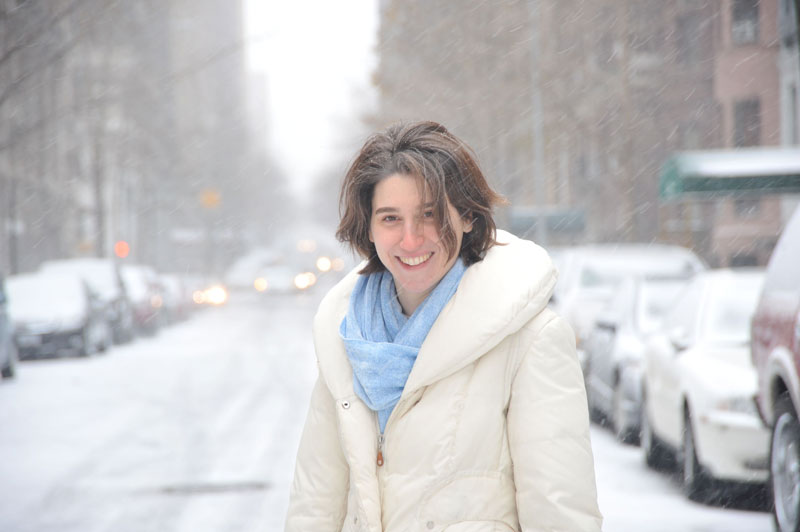The RSNO are very different this Friday evening. Firstly, they are much smaller: no more than forty musicians for the Beethoven, and twenty-eight for the Mozart. Secondly, they are all standing (apart from the bass players) for both the opening and the closing Beethoven works (although sitting down for the Mozart). Thirdly, the orchestra is being led by principal violinist, Sharon Roffman, one of the co-leaders of the RSNO, and both of tonight’s soloists are musicians from the orchestra. This is probably nearer the scale and style of music making in Mozart and Beethoven’s day, and it makes for an interesting concert. And somehow the orchestra seem a little fresher and more urgent when they are playing standing up!
The concert begins with Beethoven’s Coriolan Overture, written for a German reworking of Shakespeare’s play. It opens with loud chords symbolising the anger of the Roman general Coriolanus towards the people of Rome, who have dared to organise themselves into a tribune to demand their rights. There is a quieter passage symbolising his mother pleading to spare the people, and the work ends with Coriolan’s death, symbolised by three fading pizzicato notes.
The concert continues with a rarely performed work, Mozart’s Flute and Harp concerto in C major. Apparently, Mozart was not that keen on the flute or the harp, but he was hard up in Paris and one of his patrons, a Duke, wanted a work for himself and his daughter to play. So, Mozart accepted the commission and produced a lovely light melodic work which shows the interplay of harp, flute and orchestra. Sadly, he was never paid for the work but fortunately we have the work for posterity!
Tonight, it is played by star principal flute player of the RSNO, Katherine Bryan, who made her concert debut when she was fifteen and was appointed principal flute player for the RSNO aged twenty-one. She is a soloist all over the world. Pippa Tunnell, principal harpist of the RSNO, also shows her great experience and skill. The small orchestra (mainly strings), under the direction of leader Roffman, back them up beautifully. Our soloists reward us with a little Scottish encore.
Roffman comes into her own after the interval, when she directs Beethoven’s Fifth Symphony from the violin. She is a very experienced soloist, chamber musician and orchestral leader, who was appointed leader of the RSNO last year. Beethoven’s Fifth is, of course, the most famous symphony of all, yet Roffman manages to get the forty-strong orchestra to attack it with freshness and vigour, and she throws her body into the work literally, very much leading and directing. The big Usher Hall audience respond warmly to this unusual standing up concert .
